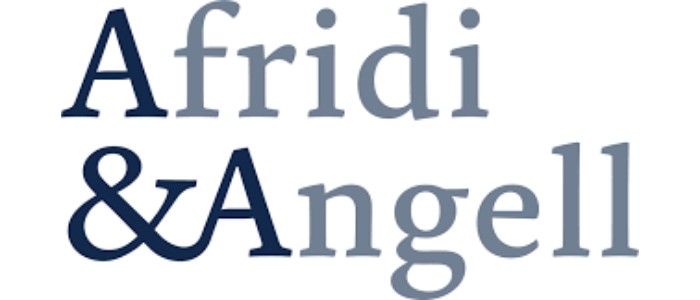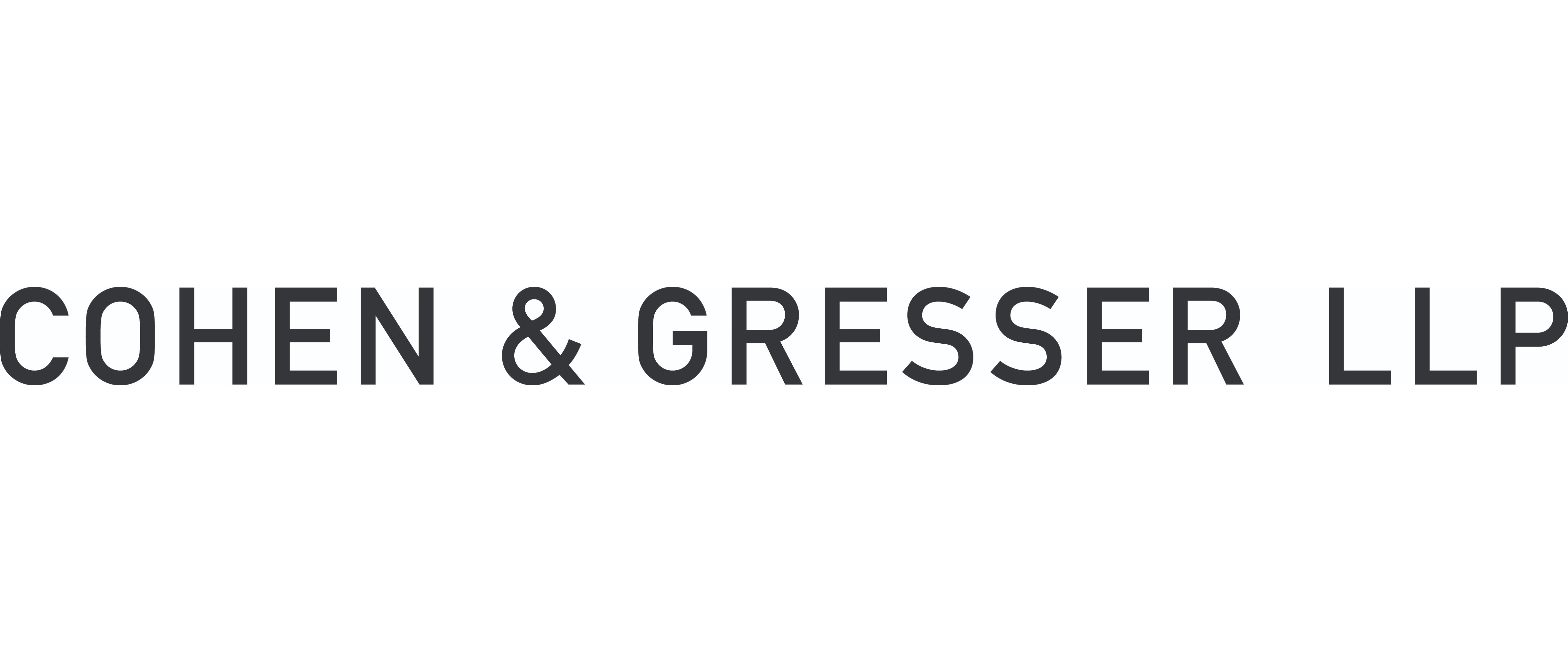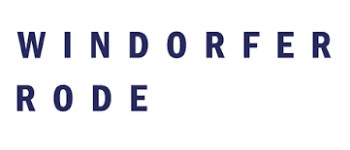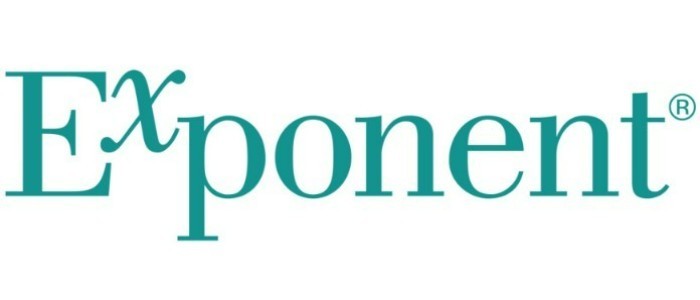
4th Annual Litigation Conference / 15th Annual Arbitration Conference / Business Crime and Civil Fraud Seminar
Abu Dhabi, United Arab Emirates
15 October 2025 - 17 October 2025
4th Annual Litigation Conference / 15th Annual Arbitration Conference / Business Crime and Civil Fraud Seminar
Wednesday 15 October 2025 | |
| 16:00 » 18:00 | Registrations |
| 17:00 » 19:00 | Welcome Reception |
| 19:00 | Optional dinner |
Thursday 16 October 2025 | |
| 08:00 | Registrations open |
| 09:00 » 09:15 | Welcome address |
| 09:15 » 09:45 | Keynote speech |
| 09:45 » 11:00 | Session 1: Future proofing your disputes: does litigation or arbitration fare better in an increasingly globalised world? This session will critically analyze the comparative advantages and limitations of litigation and arbitration within the framework of globalisation. Expert panellists will evaluate the efficiency, and fairness of both dispute resolution methods in international contexts. The discussion aims to provide a comprehensive understanding of strategic approaches to dispute resolution in an interconnected global environment. Additionally, the session will address the specific challenges of enforcing court decisions and arbitral awards across different jurisdictions. These challenges include varying legal standards, recognition issues, and the complexities of cross-border enforcement. |
| 11:00 » 11:30 | Coffee break |
| 11:30 » 12:45 | Session 2: The Rise of International Commercial Courts: Friend or Foe to Arbitration? A perspective from the Global South Various countries in the Global South - including United Arab Emirates, Qatar, Singapore, China - took the initiative to establish international commercial courts. The session will highlight specific challenges and successes experienced by countries who have already adopted international commercial courts, offering valuable lessons for the global community. The panellists will further explore the relevance of the Hague Convention on Choice of Court Agreements that has already been adopted by some countries, and whether the international commercial courts complement or compete with arbitration. |
| 12:45 » 14:00 | Lunch break |
| 14:00 » 15:15 | Session 3: The Intersection of Fraud and Arbitration: Ensuring Integrity in Dispute Resolution This panel will look at the intersection between fraud and arbitration from three perspectives. First, the extent to which fraud cases can be arbitrable and the powers exercisable by a Court in support of arbitral proceedings in this regard, including the granting of interim injunctions and the preservation of evidence. Second, how courts may intervene to set aside or enforce arbitral awards tainted by fraud and third, the ways in which fraud can touch the arbitration process itself and things to be aware of in that respect. The panellists will look at the measures that are in place to detect and reduce fraud in the arbitration process and how these could be improved. The role of arbitrators in addressing suspicions of misconduct will also be explored, along with questions pertaining to what lawyers should do if concerns are raised about the conduct of one of the arbitrators themselves, including if a concealed conflict of interest comes to light. |
| 15:15 » 15:45 | Coffee break |
| 15:45 » 17:00 | Session 4: Navigating Complexities: Coordinating Criminal and Civil Investigations in Global Disputes The world of fraud, and related disputes, tends to be divided into two discrete work streams: the criminal side on one hand, and the civil side on the other and most of us lawyers tend to be specialists in only one of these arenas. However, an understanding of the criminal procedure for civil lawyers, and the civil procedure for criminal lawyers is important, and can help us to coordinate investigations that need expertise in both areas. This panel will discuss what we can we learn from the other side of the fence in order to help us with our practice, including the coordination of investigations, and will cover interesting topics, including challenges regarding the use of criminal evidence in civil cases and vice versa, including issues of admissibility and confidentiality. |
| 17:00 » 17:30 | Informal Commission meetings |
| 19:00 | Gala dinner |
Friday 17 October 2025 | |
| 09:00 | Registrations open |
| 09:30 » 10:45 | Session 5: Evidentiary Challenges Part 1: Information Gathering and Sharing Between Criminal and Civil Cases This session will explore the nuanced interplay of information gathering and sharing between criminal and civil investigations, on one hand and litigation on the other. With an increasing overlap between these legal frameworks, lawyers often face unique challenges in gathering, preserving, and sharing information across not only jurisdictions, but also case types. The panellists will discuss the strategic use of e-discovery tools, the admissibility of evidence obtained from parallel proceedings and the ways in which information received can be effectively deployed. Participants will gain insights into the practical implications of sharing evidence between cases, managing conflicts of interest, and addressing the risks of inadvertent disclosure. |
| 10:45 » 11:45 | Coffee break |
| 11:15 » 12:30 | Session 6: Evidentiary Challenges Part 2: Production of Evidence in Cross-Border Disputes: Arbitration and Litigation Following on from the previous panel (“Evidentiary Challenges Part 1: Information Gathering and Sharing Between Criminal and Civil Cases”), this session will delve into the complexities of evidence production in the context of cross-border disputes, with a focus on both arbitration and litigation. As globalization expands the scope of legal practice, lawyers face unique hurdles related to jurisdictional conflicts, divergent legal systems, and cultural differences in evidentiary standards. Key topics will include navigating international discovery protocols, the legal, practical, and logistical challenges in obtaining evidence from foreign jurisdictions, the interplay between national laws and arbitration rules concerning evidence (including the role of tribunals) and the use of technology to facilitate evidence collection, sharing, and review across borders. The session will also address practical strategies for handling data sensitively, the consideration that needs to be given to international laws on privacy and data protection, dealing with language barriers, and presenting foreign evidence effectively. |
| 12:30 » 14:00 | Lunch |
| 16:00 | Optional programme |
| 19:00 | Optional dinner |





